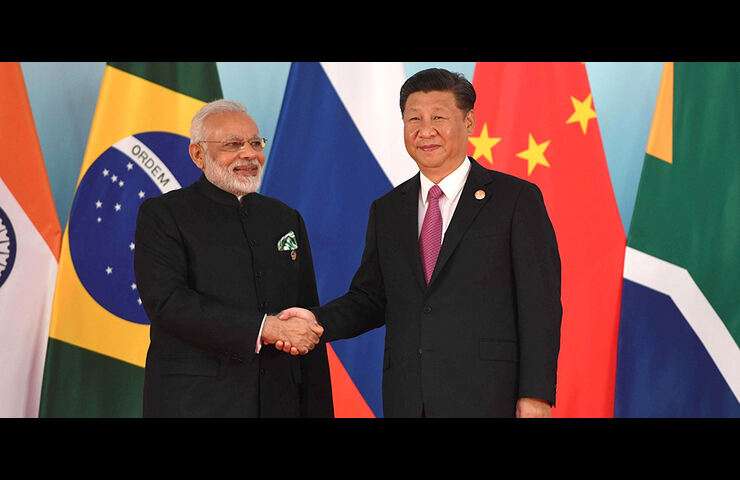There is notable change taking place in South Asia’s geopolitics as the U.S. Indo-Pacific strategy continues to emphasize India–China engagement. The U.S. knows it cannot secure regional peace and address global challenges (supply chain stability; climate change), by isolating China and India is too important as a democracy to neglect. This low-key U.S. push for dialogue between Delhi and Beijing is a cause of concern for smaller neighbours like Nepal and Pakistan, who have traditionally benefitted from rivalries between the two giants.
For Nepal, successfully playing the “India versus China” card is challenging, and leaders must now prioritize reforms and real partnership for development. For Pakistan, the challenge of being close to China and adversarial to India is unequivocal: It could be too reliant on China with the adversarial relationship with India and may ultimately be left behind if Beijing decides to attempt a reset towards stability with Delhi.
For India, engagement with China does not mean ignoring disputes, but rather ensuring that the future of South Asia is not determined by a smaller state’s opportunistic diplomacy. A stable India–China framework enhances New Delhi’s role as the anchor of the region, thereby reconfirming its status as the real stabilizing power in Asia.

